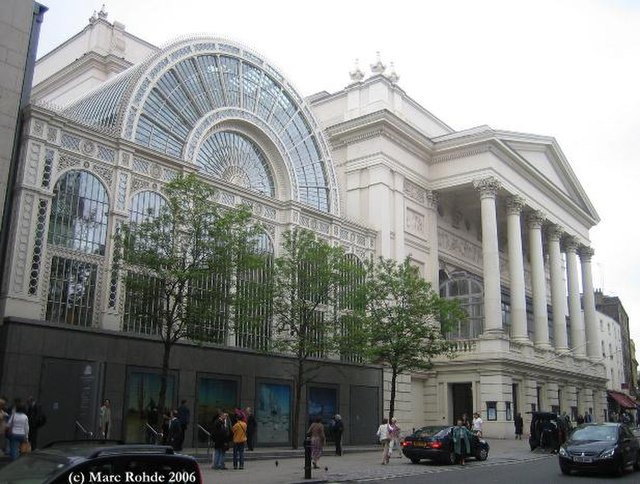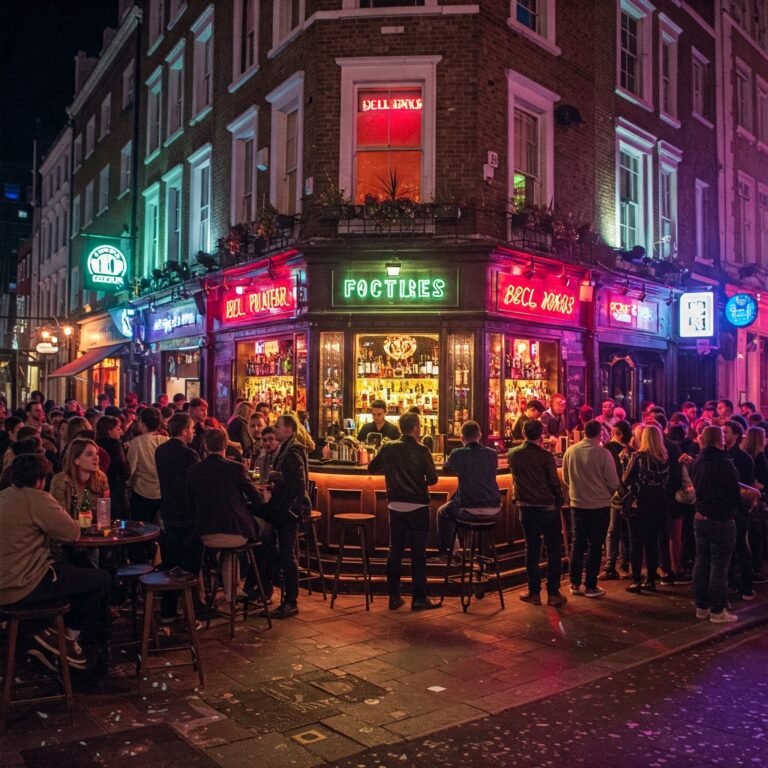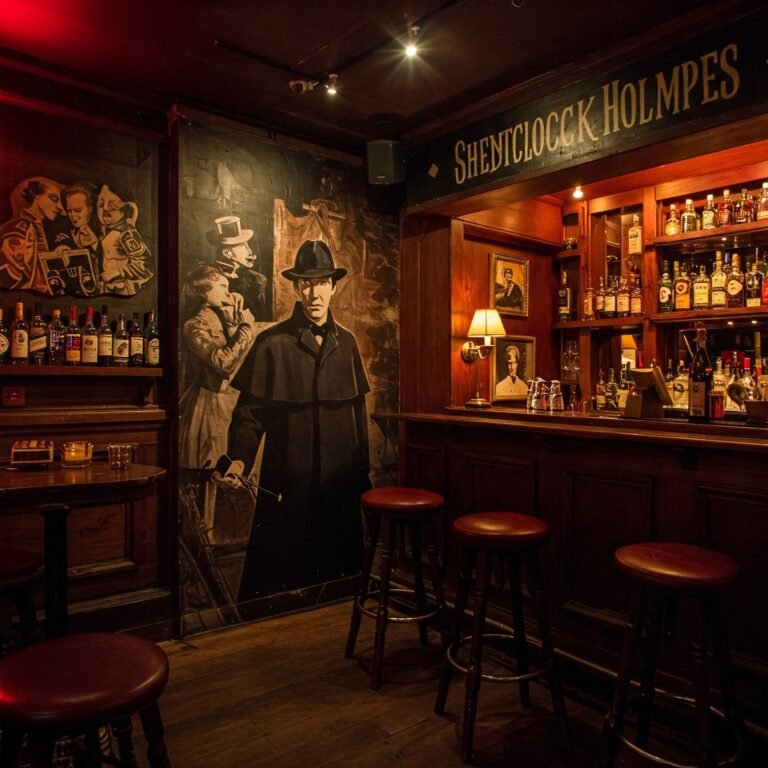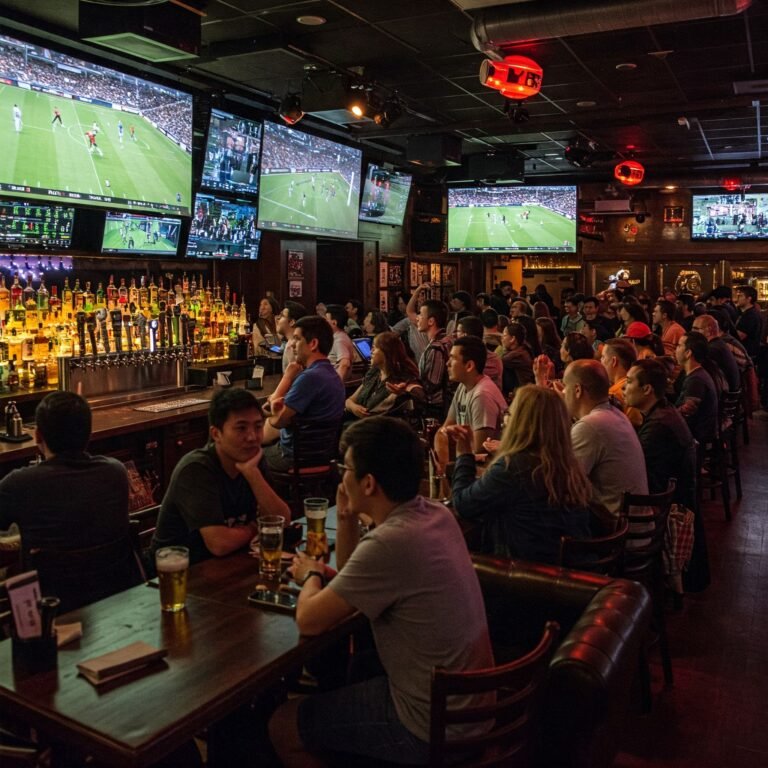Language & Communication:
What is the spoken word in London? The question of what constitutes the spoken word in London, and indeed across the United Kingdom, reveals a fascinating and complex linguistic landscape. Language and communication in the UK are not merely functional tools, but are deeply intertwined with the nation’s rich cultural heritage, historical development, and evolving social fabric. English is undeniably the predominant language, serving as the primary medium for everyday interactions, governance, education, and commerce throughout the country.
What Is The Spoken Word in London?
However, the English language as it exists in the UK is far from monolithic. It is characterized by a remarkable diversity of regional accents and dialects, each with its own unique phonological features, vocabulary, and grammatical nuances. While Standard British English (SBE) is often considered the formal standard, particularly in official contexts and broadcasting, it represents only one facet of the linguistic reality.
Regional dialects, such as the distinct varieties spoken in Scotland, Wales, and Northern Ireland, not only add a vibrant layer of diversity but also reflect the unique historical and cultural identities of these constituent parts of the UK. These dialects, with their own rich histories and literary traditions, contribute significantly to the overall tapestry of communication within the nation, adding distinct and colorful flavors to the way people express themselves and interact with one another. The interplay between SBE and these regional variations shapes the dynamic and ever-evolving nature of spoken English in the UK.
What Is The Spoken Word in London?
Minority Languages:
The United Kingdom is also home to a multitude of minority languages, a vibrant reflection of its increasingly multicultural and diverse society. These languages, which contribute significantly to the nation’s rich linguistic heritage, include indigenous Celtic languages such as Welsh, Scottish Gaelic, and Irish, each with its own unique history and cultural significance.
Furthermore, the UK is enriched by a wide array of immigrant languages spoken by various ethnic communities that have settled in the country, bringing with them their own distinct linguistic traditions. Despite the undeniable dominance of English as the primary language of communication, there are ongoing efforts to preserve, revitalize, and promote these minority languages, recognizing their importance in maintaining cultural identity and contributing to the overall linguistic diversity and richness of the United Kingdom.
Communication:
Communication styles in the UK are often characterized by a prevailing sense of politeness, a degree of indirectness in expression, and a subtle yet pervasive use of humor, including sarcasm, which can sometimes be nuanced and require careful interpretation.
British etiquette places a strong emphasis on good manners, a certain level of formality in particular social and professional contexts, and a marked respect for individual personal space. Non-verbal cues, encompassing body language and gestures, also play a significant role in the communication process, frequently serving to complement or even subtly modify the meaning of spoken words.
What Is The Spoken Word in London?
Business & Commerce:
In professional settings, business communication follows formal protocols, with an emphasis on courtesy and professionalism. Social communication revolves around social rituals such as tea time and pub culture, providing opportunities for informal interactions and bonding.
Digital World:
Digital communication has become increasingly prominent, with the widespread use of social media, messaging apps, and email. While these platforms offer new avenues for communication, they also present challenges such as maintaining etiquette and navigating digital language trends and slang.
Education:
Language education and literacy are prioritized in the UK, with a robust education system emphasizing language skills from an early age. Efforts to promote literacy and language learning ensure that individuals have the tools to communicate effectively in diverse contexts.
Summary:
Overall, language and communication in the UK reflect a dynamic interplay of tradition and modernity, diversity and unity, shaping interactions within the country and its global engagement.
ARTILES YOU MAY ALSO ENJOY:-
- Cheap Hotels in London Near Tube Stations
- Top Historical Attractions, 11-20
- Restaurant Review Soho London
- Best Fathers Day Family Events
- Top 10 Party Pubs/Bars West End London
- What are the Opening Times in London











